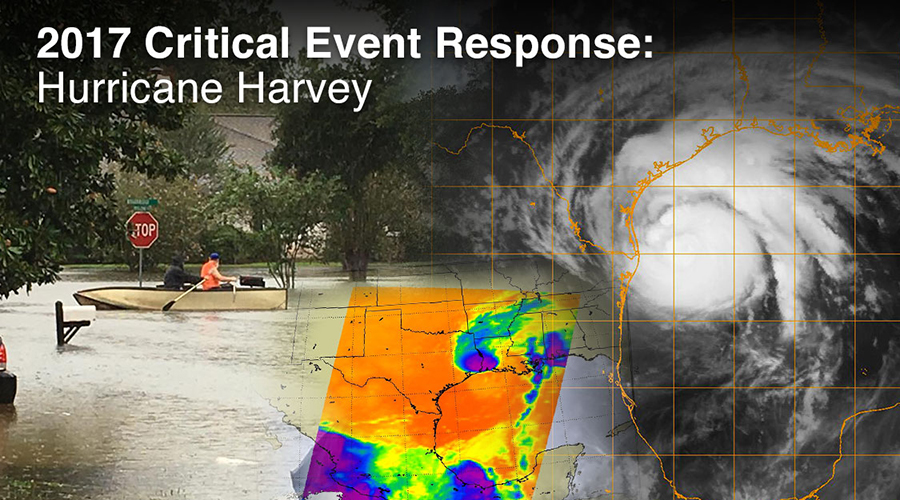By Miles Snowden, MD, Chief Medical Officer
In choosing hospital and facility-based medicine, we have chosen to be responsible for the highest acuity of healthcare needs. More often than not, for patients and families, high-acuity care is delivered by unfamiliar clinicians at unexpected times and in foreign facilities. Practicing this type of medicine well—one patient at a time—is remarkably difficult. Practicing this type of medicine well for an entire community affected by a high-impact event is a noble challenge indeed.
In 2017, TeamHealth responded to such community challenges several times. Our teams responded to Hurricane Harvey in Houston; Hurricane Irma in Florida; the tragic mass shooting in Las Vegas; the Atlas Peak wildfire in northern California; and Hurricane Maria in Puerto Rico.
Today, with our ever-larger footprint, it is increasingly likely that any U.S. natural disaster or mass casualty event will involve one of our TeamHealth communities. Are you ready?
What have we learned from our response to these 2017 events? How do we assure we are each ready when our turn comes? What does it take to respond to an extraordinary community critical event with extraordinary medicine?
During the 2018 National Medical Leadership Conference (NMLC), TeamHealth clinical leaders heard firsthand what it takes to respond to an extraordinary community event with extraordinary medicine. We learned from the experiences of three teams as they recounted how they responded to critical events in their communities.
Hurricane Harvey
In August 2017, TeamHealth clinicians made national news with their response to Hurricane Harvey in South Texas. As Harvey made landfall, TeamHealth teams were prepared to support patients and client facilities throughout the state, but the most notable focus was supporting the 10 hospitals and four freestanding facilities we serve in Houston, Texas, which were severely impacted by significant flooding that persisted for several days. This video shares the stories of those teams and the support TeamHealth provided both locally and nationally.
During NMLC, Jennifer Behm, Executive Vice President (EVP), West Group, led a panel discussion regarding Hurricane Harvey and the challenges this unique storm caused as it settled over Houston. Dr. Mary Haven Merkle, Senior Vice President (SVP), Integrated Services, Cathy Meredith, SVP, Houston Market, and Dr. Michael Gonzalez, Emergency Medicine Facility Medical Director (FMD) at Memorial City Hospital, shared best practices from the Hurricane Harvey response.
- Establish a remote incident command center if possible, and host command center calls twice daily for system and facility updates.
- Adequately staff clinicians prior to the onset of the event, and plan to mobilize local, regional or national resources for clinician relief efforts.
- Meet with the client system and/or facilities to understand their unique challenges.
- Coordinate with Human Resources to conduct well checks on all clinical and non-clinical associates in the area affected.
- In a critical response event, the FMD role is to provide leadership and coordination for the team. FMDs may need to focus on coordination and anticipating needs rather than care for patients at the bedside.
My hope is that these resources help all of us be better prepared for such events when our time comes.
It is also important to recall that many of our colleagues were personally, not only professionally, impacted by these critical events. Many colleagues lost utilities, autos, homes and other personal property. It is just as important we plan for the personal impact as the professional challenges of disaster and mass casualty events. After all, we can’t take care of others without also taking care of our own. Thank you to all our clinical and non-clinical teams and your ability to lead and provide care in the most trying of times.
Join a team that supports you and will be there for you on your best, and worst, days. We care about you, who care for patients, and provide the resources you need, professionally and personally.
